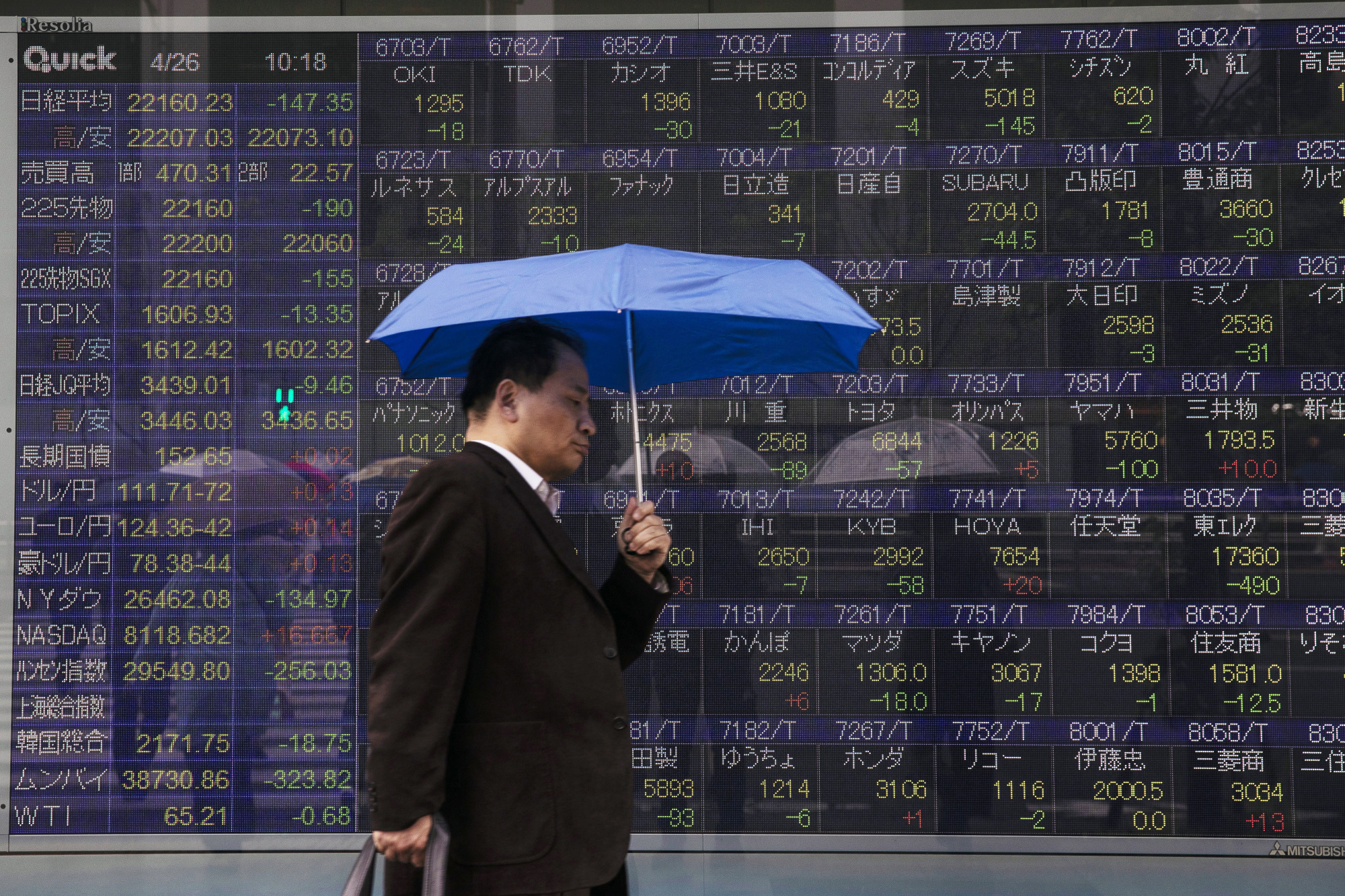The ruling coalition of the Liberal Democratic Party and Komeito emerged victorious in the Upper House election last week, as widely anticipated in media polls. Many people expect that stability in government administration will continue in Japan, even as the rise of far-right or far-left forces have destabilized politics in many other countries. Still, Japan's economy is forecast to slow down going forward, and the government will be confronted with greater difficulties in managing the economy. The Abe administration's economic policy management is indeed at a critical juncture.
The election appeared to have been held without any clear campaign issues. One reason is that the government and the ruling alliance, concerned with potential impact on the Upper House race, kept to cautious and conservative policy management. Prime Minister Shinzo Abe attempted to put constitutional revision on the campaign agenda, but that did not really stir up voters' interest. In addition, the opposition camp was unable to present any effective counterproposal to the government's policies and mostly focused on attacking petty scandals involving the administration.
As a consequence, the key point of contention between the ruling bloc and the opposition camp was on whether the current administration's Abenomics economic policy package has been successful. Of course, the ruling coalition emphasized the positive impact of the policies, and the opposition parties tried to deny their benefits.



















With your current subscription plan you can comment on stories. However, before writing your first comment, please create a display name in the Profile section of your subscriber account page.